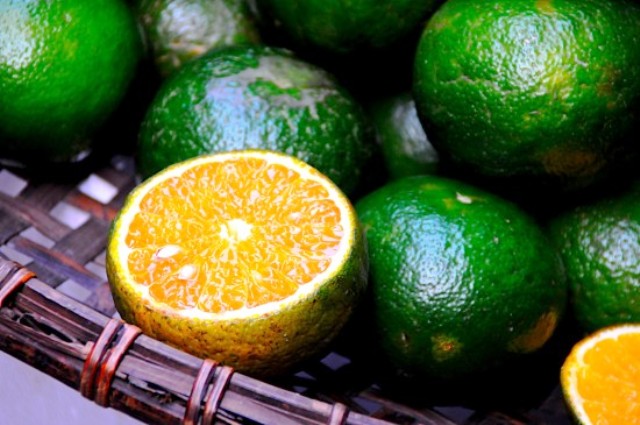

Winterson Narrating Time and Space (Cambridge: Cambridge Scholars Press, 2009).Īrmitt, Lucie.


Jeanette Winterson (Basingstoke: Palgrave Macmillan, 2009).Īntakyalioglu, Zekiye, ‘Telling the temporary as permanent: Jeanette Winterson’s reworking of autobiography in Oranges Are Not the Only Fruit and Weight: The Myth of Atlas and Heracles.’ In Margaret J-M Sömnez and Mine Ozyurt Kilic eds. This process is experimental and the keywords may be updated as the learning algorithm improves.Īndermahr, Sonya. These keywords were added by machine and not by the authors. The novel has been analysed variously as a female and lesbian Bildungsroman (Onega, Andermahr), as a feminist appropriation of the fantastic (Armitt), as an example of the lesbian postmodern (Doan), as biblical reworking (Cosslett), as quest narrative (Onega, Pykett), and as working class text (O’Rourke). As a newly minted ‘classic’ text, one which entered the canon almost immediately upon publication, Oranges was hailed as a postmodern text, and Winterson as an exemplary feminist and queer literary practitioner (Morrison) from the very beginning. Its publication coincided with the consolidation of critical theory in academic departments of English and so critical readings of it have always seen it in terms of - and in many ways as an exemplar of - the new (post- structuralist) theories. The main problem this poses the contemporary critic is that the novel has always been seen by commentators as ineluctably ‘new’: novel, innovative, experimental, postmodern, as hybridizing forms, challenging boundaries and deconstructing discourses. The editors’ aim in this volume is to provide ‘new and original interpretations of texts which have established themselves as twentieth century classics’.

Moreover, the literary scene was a very different place in 1985, so there must be a good case for reassessment of the text in 2014. Still, it was 29 years ago that Winterson’s debut novel was published, which is older than the average undergraduate student. Given that Oranges Are Not the Only Fruit is one of the more recently published texts discussed in this volume and having just published a book on Winter son’s works myself, it felt slightly odd being asked by the editors to ‘revisit’ it as a ‘classic’ text.


 0 kommentar(er)
0 kommentar(er)
